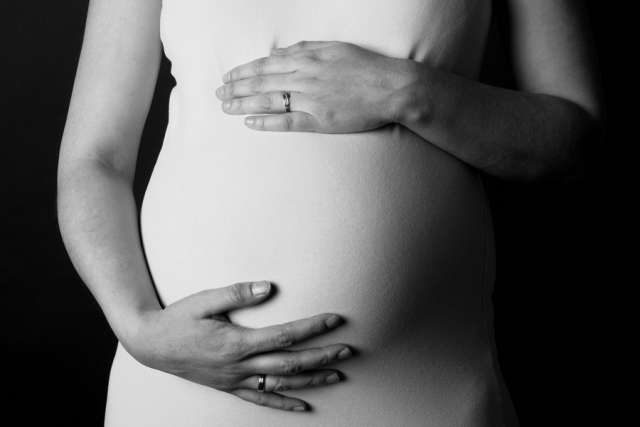Bishops Welcome Efforts to Defend Teenager’s Unborn Child
Texas’ bishops have welcomed the decision of an appeals court delaying the government-assisted procurement of an abortion by an undocumented teenager who is under federal custody in the state.
However, a request for a review of the appeal has been filed, again opening up the question of whether the government will be forced to facilitate an abortion for the unaccompanied minor.
“Federal and Texas state officials are to be commended for defending the life of an innocent unborn child in a recent case involving an unaccompanied pregnant minor in federal immigration custody,” the Texas Conference of Catholic Bishops stated Oct. 20.
They said a lower court’s Oct. 18 ruling allowing the girl to get an abortion would “require the government to facilitate and participate in ending the innocent life of the unborn child.”
“Indeed, this case, one of many brought by the American Civil Liberties Union (ACLU), has as its objective compelling others to perform, facilitate, or pay for abortion who do not wish to do so. This objective is unconscionable. No one —the government, private individuals or organizations — should be forced to be complicit in abortion,” the bishops urged.
The bishops’ statement came in response to an Oct. 20 decision by the U.S. Court of Appeals. The case revolves around the question of whether the federal government will facilitate an abortion for a 17-year-old from Central America, known only as “Jane Doe.” Since September, the minor has been in federal custody in a Texas shelter operated by the Office of Refugee Resettlement – an agency of the Department of Health and Human Services.
Under Texas law, minors must have either parental consent or a state permission to obtain an abortion. Doe received state permission Sept. 25, 2017. However, the Department of Health and Human Services has objected to transporting the minor to abortion appointments.
The government argues that since she is a minor in their custody, it has the right to determine what is in the best interest of the teen, and also states it has an interest in not creating incentives for minors to cross international borders in order to obtain abortions.
On Oct. 20, a three-judge appellate panel ruled that Doe would not be allowed immediately to obtain the abortion. This overruled a Texas district court’s ruling that Doe should be allowed to access an abortion immediately.
Instead, the appeals court said, a sponsor must be found for the minor, and she must be released from federal custody into the custody of the sponsor. She would then be allowed to obtain the abortion by herself, with the sponsor taking her to and from the appointment. The government has until Oct. 31 to find a sponsor.
As of last week’s ruling, Doe is 15 weeks pregnant and has secured outside funding for the abortion. Abortion is prohibited in Texas after 20 weeks.
The ACLU, who is representing Doe, has filed an emergency petition asking for a full review of the case by all 10 judges on the U.S. Court of Appeals for the D.C. Circuit.
The Trump administration has asked the appeals court to deny the petition, saying the court will review the case Oct. 31 if no sponsor is found. The administration also stated that the teen can return to her home country in order to seek an abortion.
Texas’ bishops objected to the ACLU’s ongoing attempts to require cooperation in abortion, and noted that religious organizations, such at the Catholic Church, are involved in immigration efforts for unaccompanied minors and work with pregnant mothers.
They also decried the ALCU’s previous litigation seeking to bar the reception of funds from faith based-organizations, saying such actions are “thwarting the delivery of vital human services by organizations with the competence and experience to provide them.”
“As this case continues through the legal process, we pray for this young mother and her unborn child, so both may enjoy the protection and refuge the United States offers.”












